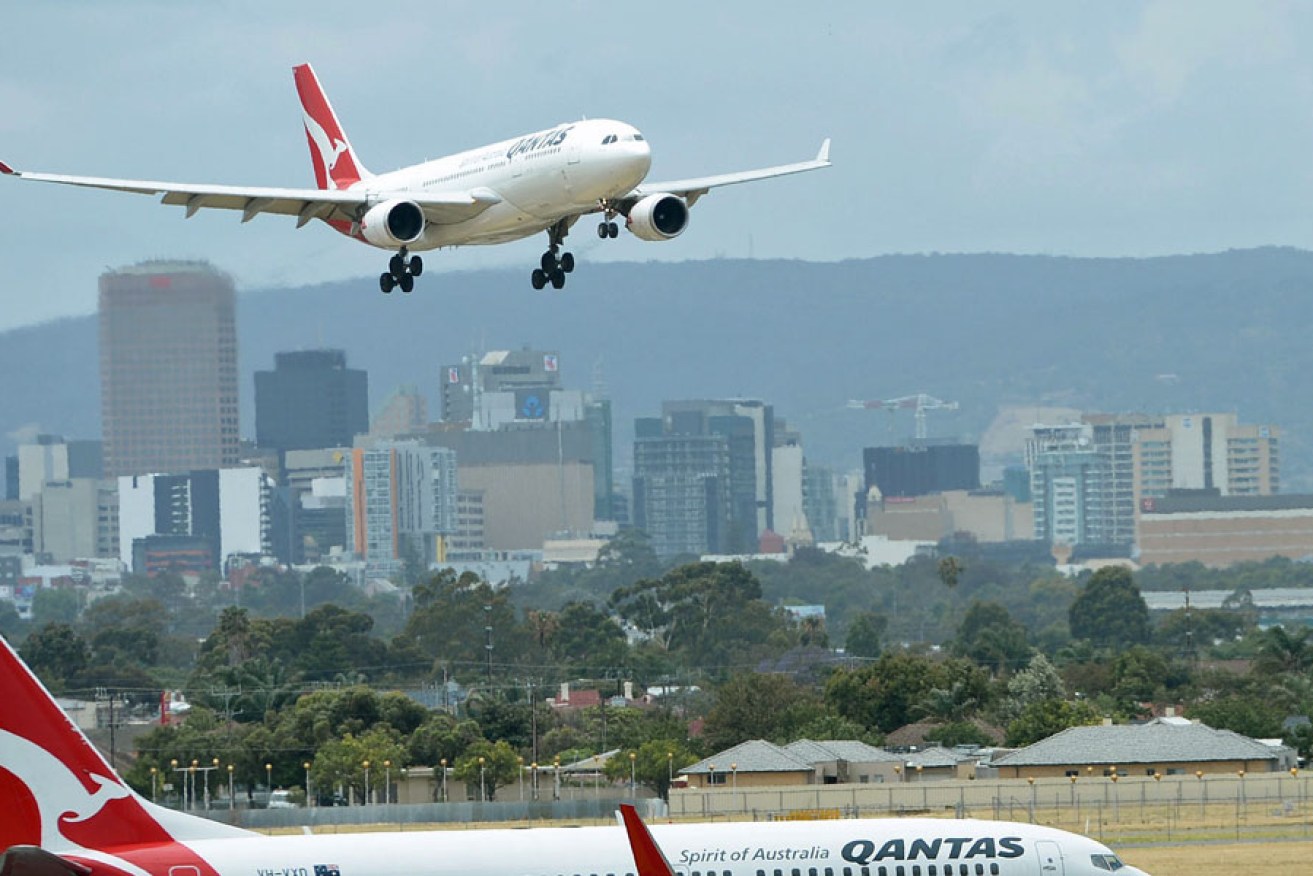From 1976 to 2014 around 18-30,000 South Australians left the state each year. Many were professional couples in their 20s and 30s and university graduates.
It’s a rite of passage to leave home in search of new challenges, or to escape unemployment. I did and I was better for it. But how has this ongoing exodus of young people effected the state’s artistic and political culture? What happens to innovation and organisational capability?
Expatriates are partly to blame for some of Adelaide’s economic misfortunes. Through no fault of their own, they took with them 40 years of earning and spending power. Billions of dollars left the state by train, plane and automobile.
South Australia could have tolerated the flight of human capital for three or four years but not 40. It has fundamentally changed the socio-economic make-up of the state.
From 1976-1996, the bulk of people who replaced the expatriates were unskilled or semi-skilled migrants. While the urban Vietnamese who fled the communists were a boon to the economy, in general terms, migrants didn’t have the capacity to generate capital – at least not for some years. The last 15-20 years has seen a rise in skilled migrants. Many stayed in SA although over the last few years more have moved interstate.
This is a destiny issue for the state. Back in 2000 the University of Adelaide’s Bringing Them Back Home report summed up the dilemma. “The proportion of persons with degree and diploma qualifications in the migration stream leaving South Australia is considerably higher than the proportions in the South Australian population. In terms of migrant income, more persons with relatively high income leave the State than arrive.”
The socio-political effects of brain drain take many forms but its most obvious manifestation is in the astonishing spin and utter balderdash espoused by our politicians and public service leaders. Their continual reality-denying statements about the true state of the economy, flagging tourist number and much more, is a clear sign that we don’t have the right people in positions of political power and authority.
Fifteen years later, nothing has changed. Youth flight and the ageing of the population has become a self-fulfilling downward spiral. As the local economy contracts, more young people leave and take with them solutions to counter the spiral.
There’s also a qualitative problem as many who left – and who are still leaving – were future innovators, academics, scientists, business men and women and of course, employers. The reason SA is no longer at the forefront of social, equity and anti-discrimination initiatives, is because our best brains started to migrate just as the war generation retired.
As a child in the 1960s, I remember playing at the feet of Geoffrey Dutton, Brian Medlin and the Quinn-Youngs. Their passion and intellectual drive have not been replaced although we have some fine academics, especially in the area of medical research.
The complete entrepreneurial and professional leadership class has left. From the vacuum arose a raft of public policy problems such as only building one lane of the Southern Expressway, Skills for All, child protection, the university city project, sky rocketing power prices, the RAH electronic records management system, to name just a few. Another indicator of human capital flight is poor driver behavior but I will leave that for another article.
It’s not that we have regressed to Cro-Magnon man, dragging our knuckles on the ground. Neither am I waving the flag for eugenics. It’s more a case of allowing ourselves to snuggle up to the lowest common denominator and calling it a standard. This problem has festered for almost two generations.
Employers need to advertise mid level and executive positions interstate to bring in new blood. One of the reasons we are stuck in a predominantly agricultural and manufacturing economy is that we don’t have the critical mass of brain power, expertise and risk takers to carve out a niche. In the land of ‘she’ll be right’, the sinecure seeking ‘nay-sayer’ is still king.
The state’s inward-looking political and organisational culture can’t be blamed on a lack of parliamentary procedure or fixed with calls for ‘more democracy’. There is a congenital and systematic lack of capability at executive levels of state and local government.
The socio-political effects of brain drain take many forms but its most obvious manifestation is in the astonishing spin and utter balderdash espoused by our politicians and public service leaders. Their continual reality-denying statements about the true state of the economy, flagging tourist number and much more, is a clear sign that we don’t have the right people in positions of political power and authority.
When expatriates say Adelaide is ‘different’, they are not only talking about down-at-heel CBD, Port Adelaide or northern suburbs. They point to how nepotism and parochialism have been allowed to thrive while recruiting and promoting senior staff with less nous than a whippet. The ossification of imagination is indicative of leaders bereft of ideas.
When young people leave, the population ages. Older people spend less cash on goods and services, so spending slows and with recessionary forces at play, they spend even less. The young also shoulder the burden of caring for their aged folks.
So this is the way South Australia may end, not with a bang but with a strong cup of tea.
Malcolm King works in generational change. He is an Adelaide writer and a regular contributor to InDaily.





